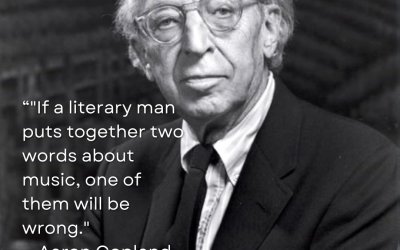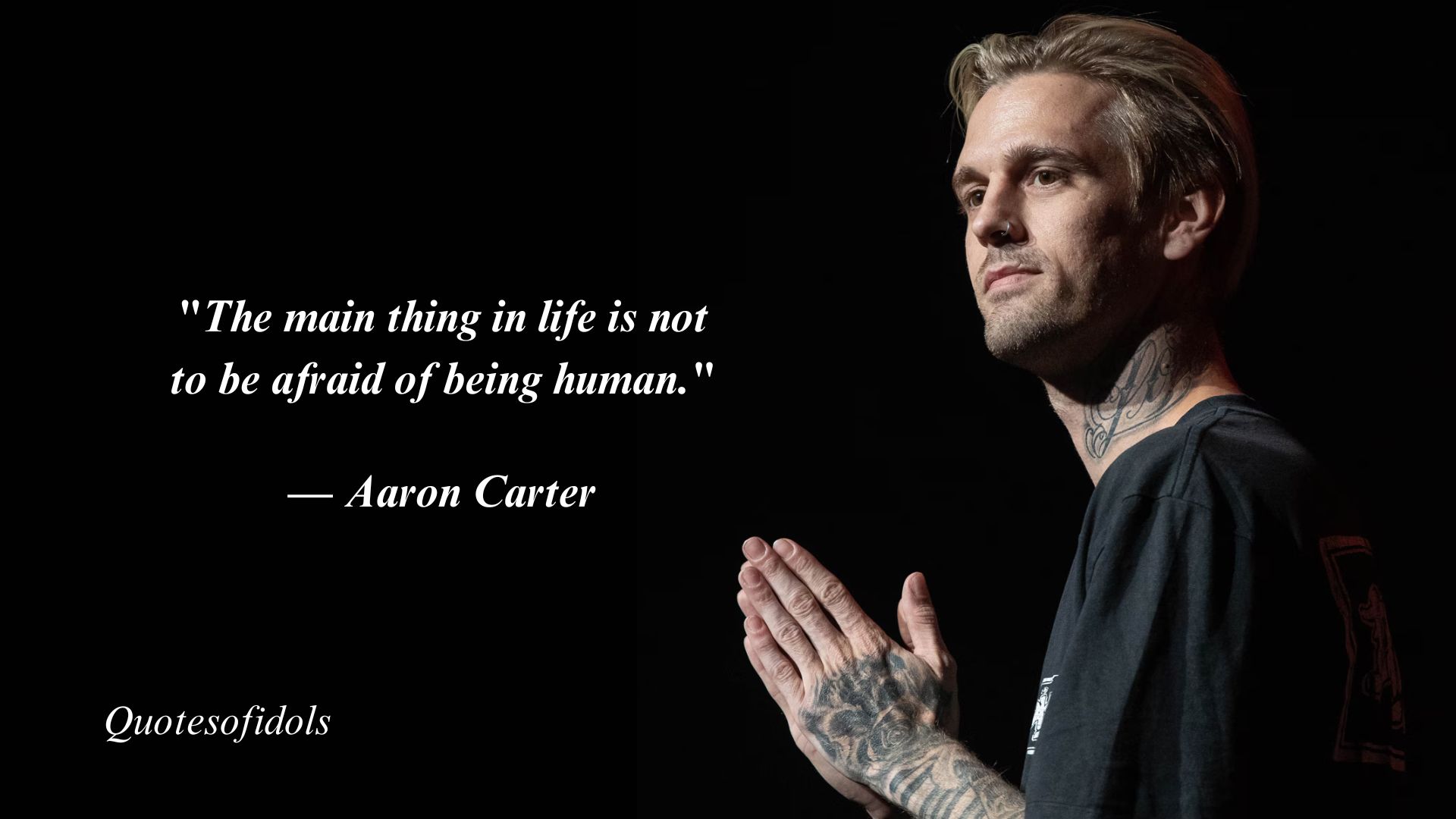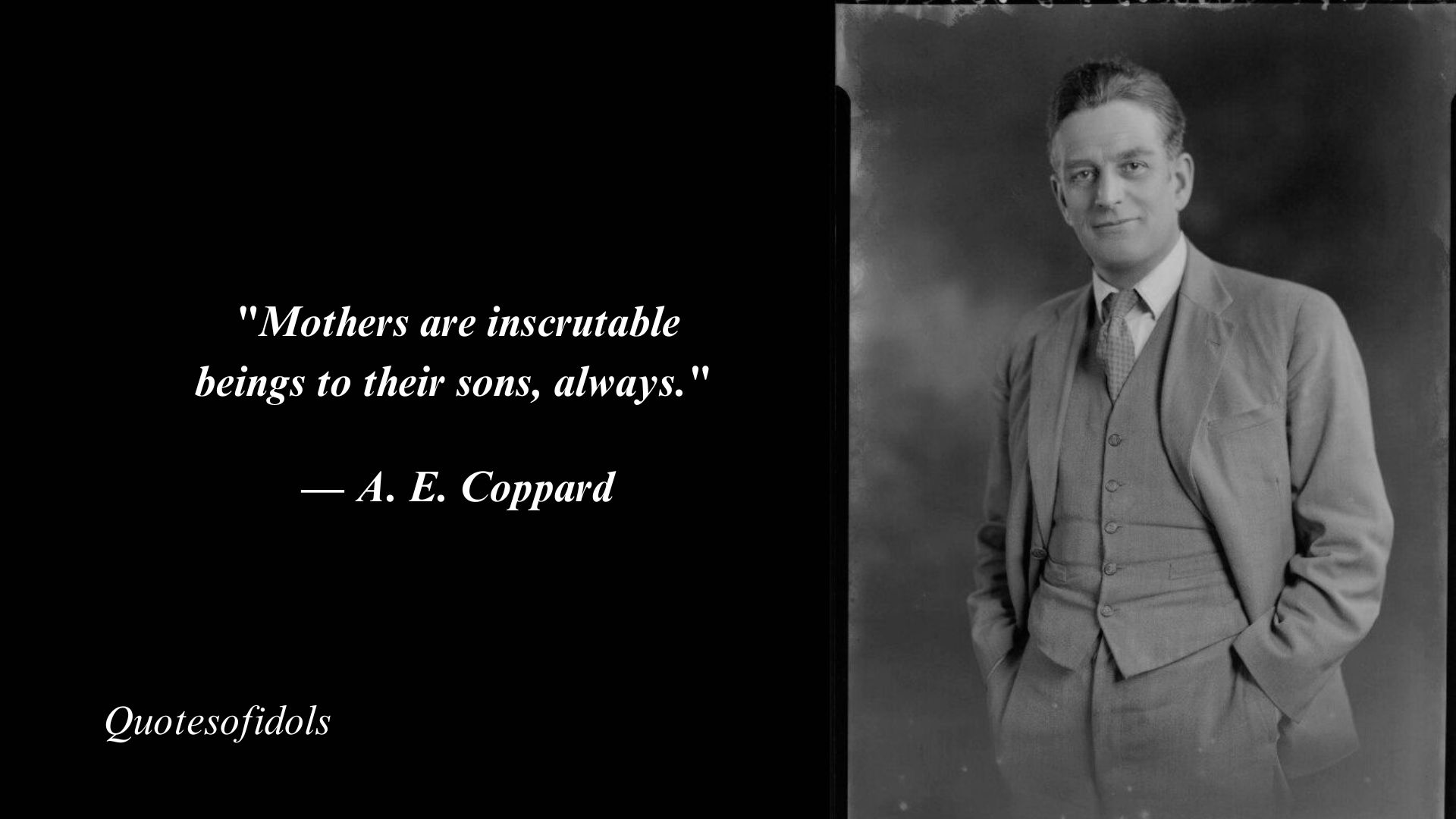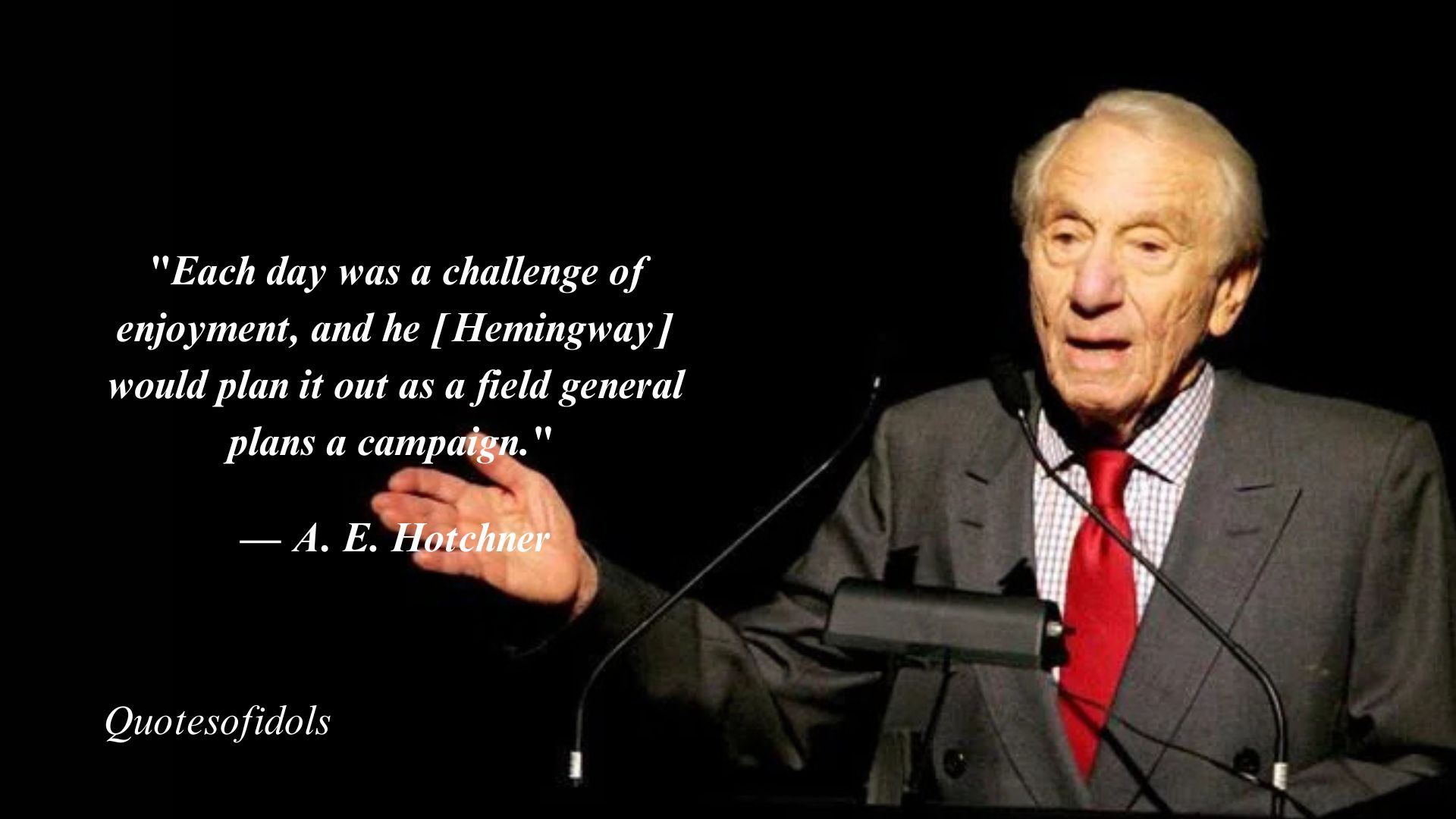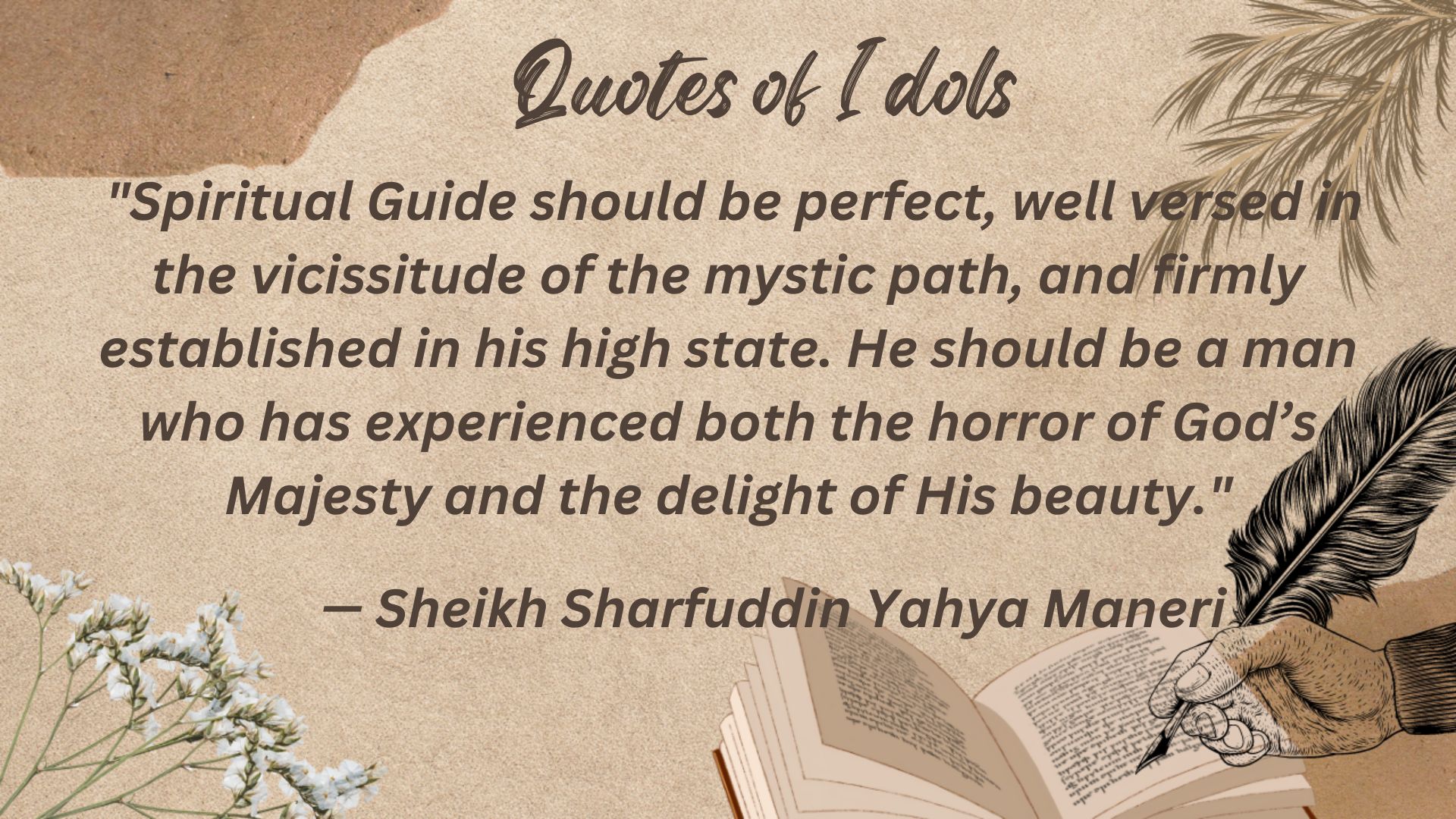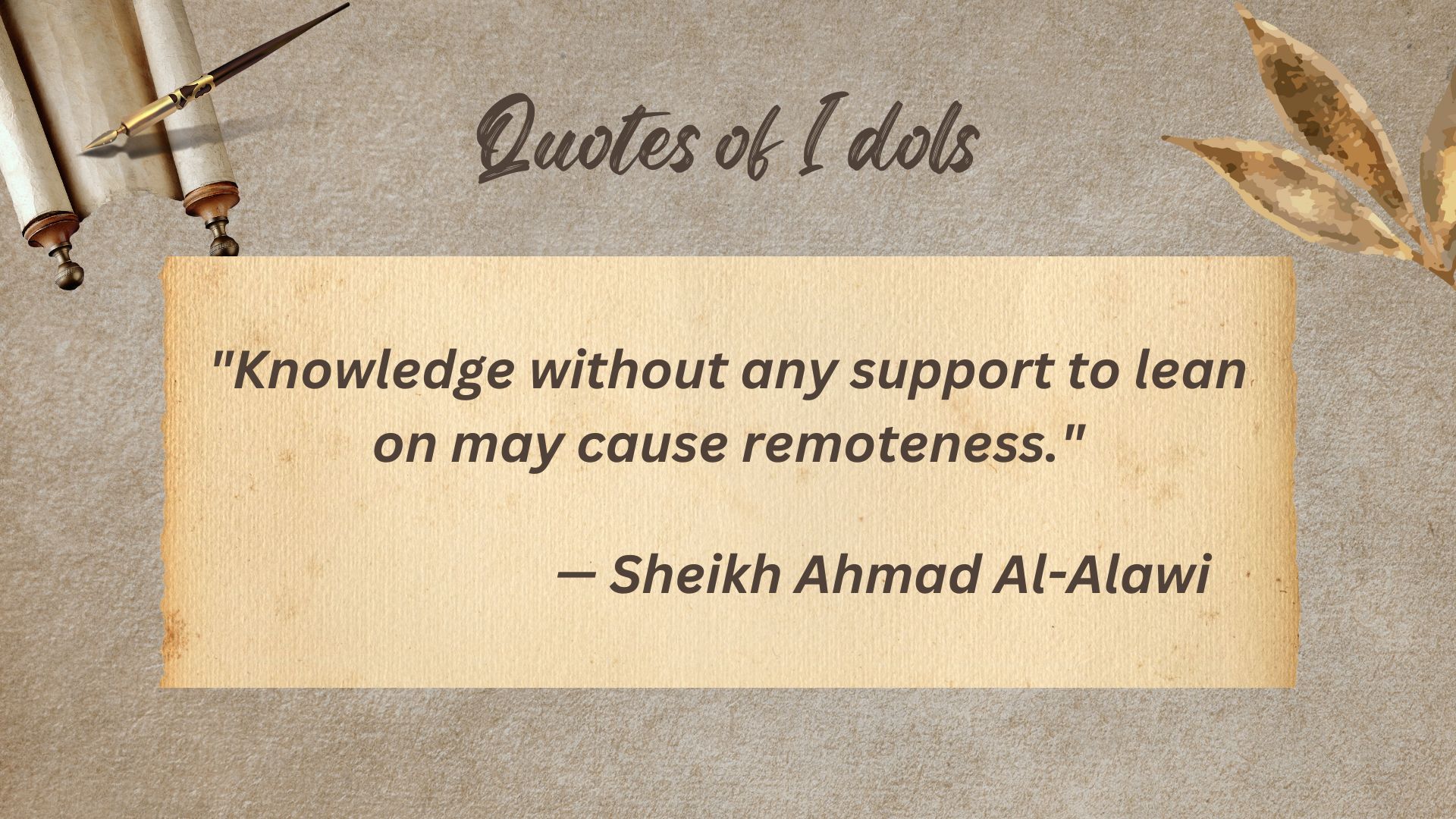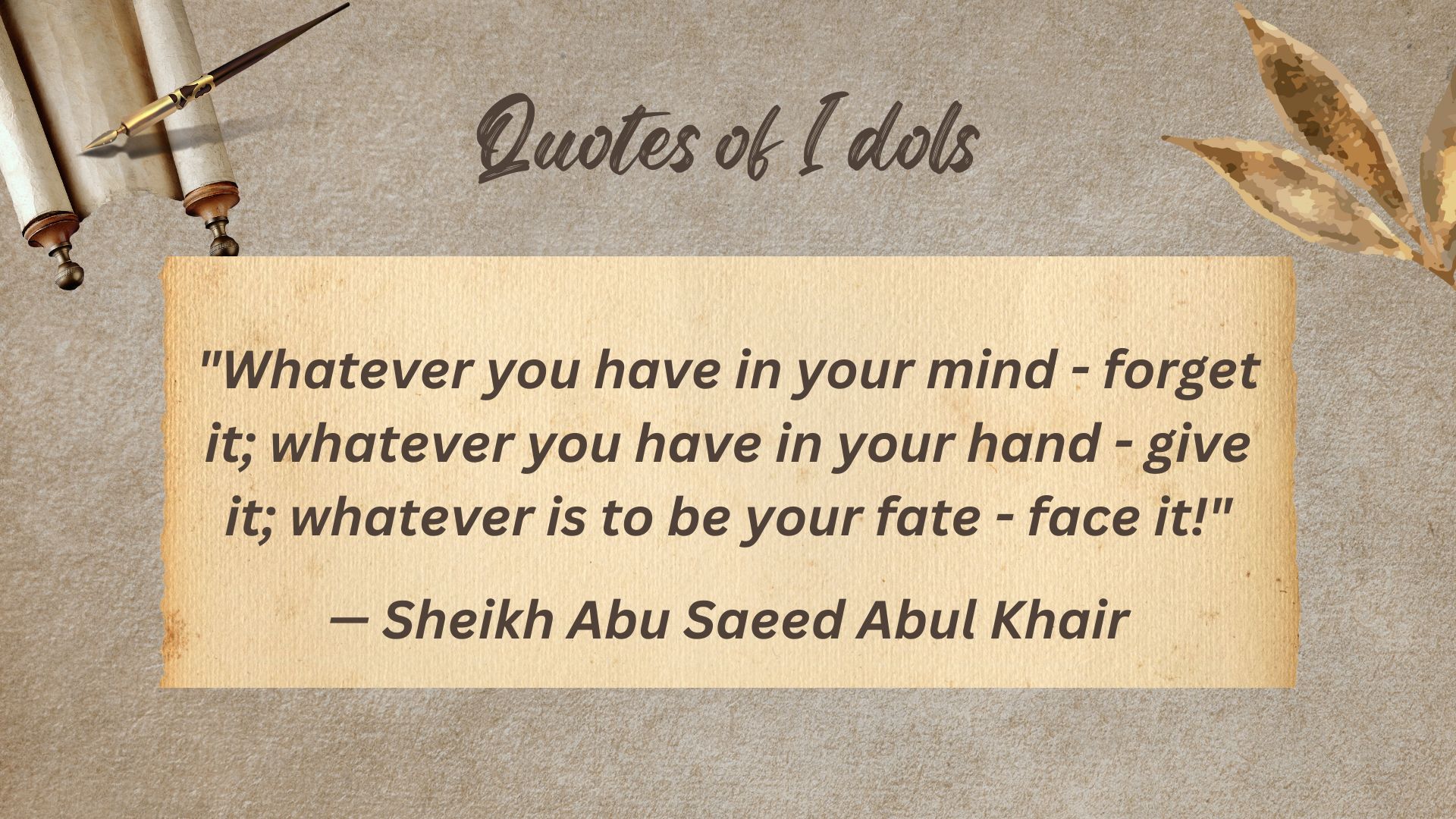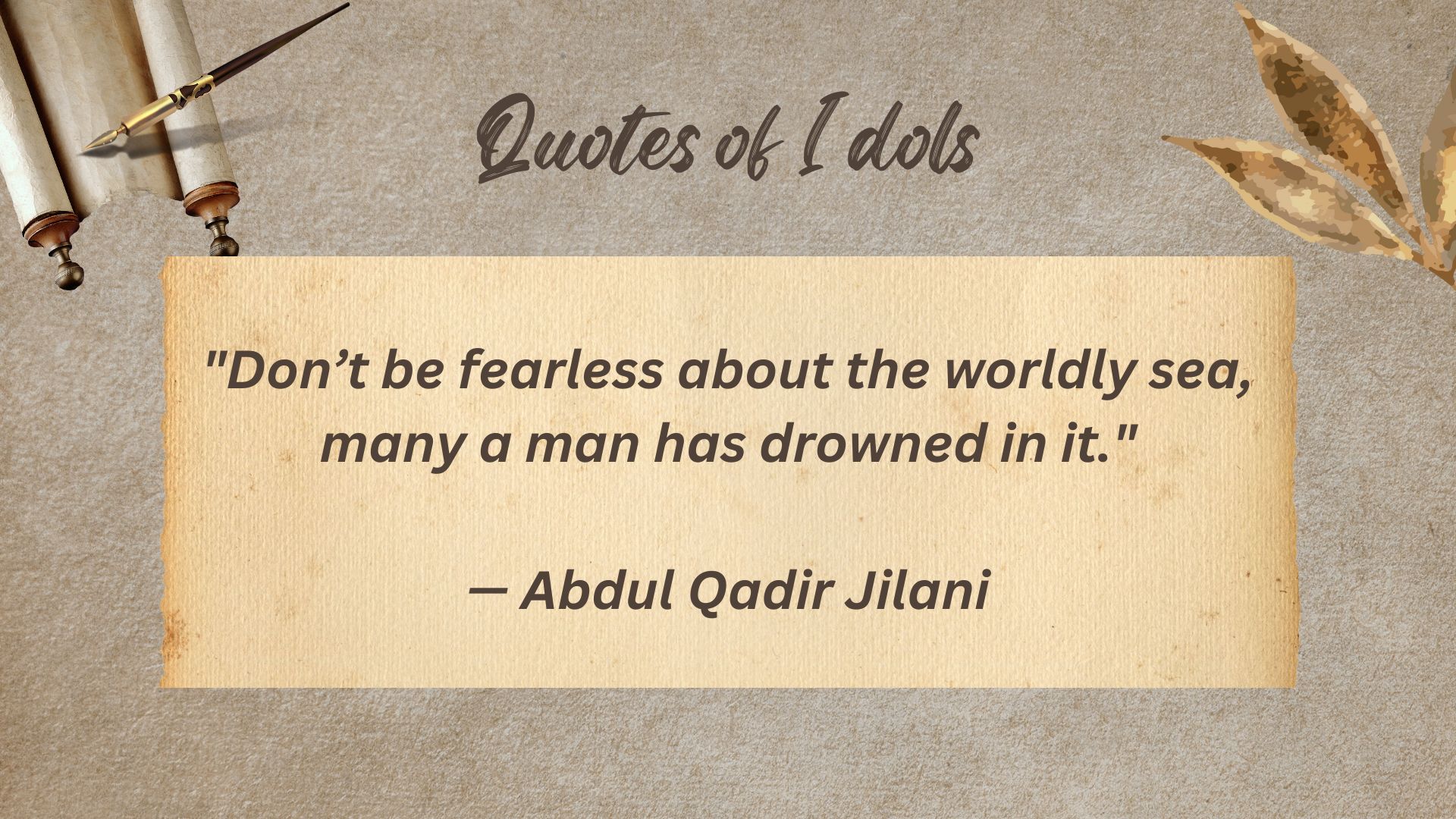All Time Famous Quotes of Sheikh Ali Hisam-ad-Din Naqshbandi
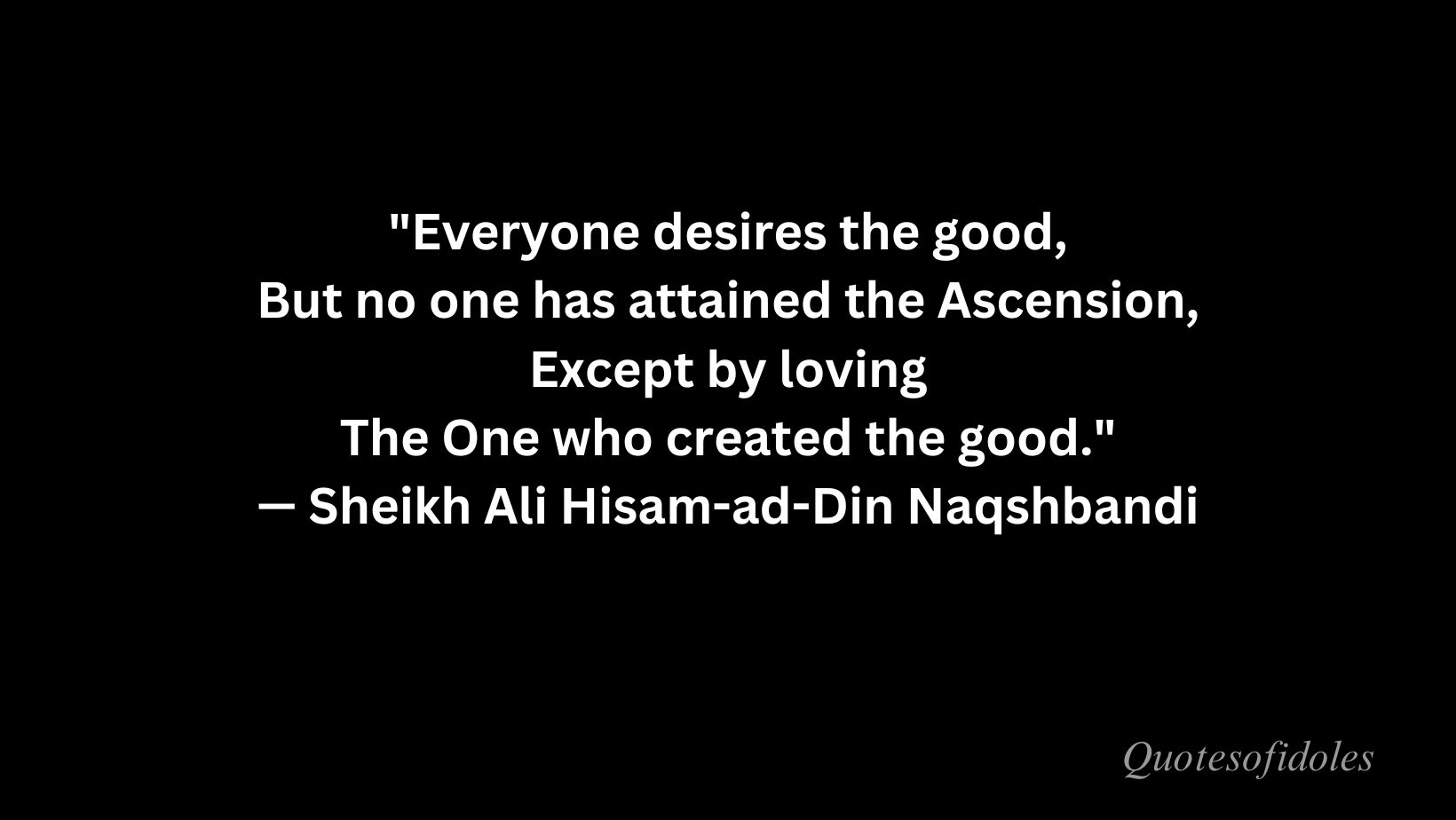
The eleventh-century Persian Sufi saint and mystic Sheikh Ali Hisam-ad-Din Naqshbandi was also known as Hazrat Shaykh Ali Hujwiri or Data Ganj Bakhsh. His book “Kashf al-Mahjub” (Unveiling the Veiled), which is still very important in Sufi literature, is especially well-known. It is regarded as one of the first Persian treatises on Sufism. There are still some quotes ascribed to him even if he is not as frequently mentioned as some other Sufi saints.
Sheikh Ali Hisam-ad-Din Naqshbandi Quotes
01. “I would arise early, three hours before Fajr prayer, take ablution, and after making Sunnah prayers, I would go into prostration, supplicating God with the following prayer: “O my Lord, give me the power to carry the difficulties and the pain of Your Love.” Then I would pray Fajr with the Shaikh. On his way out one day he looked at me and said, as if he had been with me when I made that supplication, “O my son, you have to change the method of your supplication. Instead say, ‘O Allah, grant your pleasure to this weak servant.’ God doesn’t like His servants to be in difficulties. Although God in His Wisdom might give some difficulties to His servants to test them, the servant must not ask to be in difficulties. This would not be respectful to your Lord.’
— Sheikh Ali Hisam-ad-Din Naqshbandi
02. “When Shaikh Muhammad Baba as-Samasi died, my grandfather took me to Bukhara and I married there. I lived in Qasr al-‘Arifan, which was God’s special care to me because I was near to Sayyid Amir Kulal. I stayed in his service, and he told me that Shaikh Muhammad Baba as-Samasi had told him a long time before that, ‘I will not be happy with you if you will not take good care of him.’ One day, I was sitting with a friend in seclusion, and the Heavens opened and a grand vision came to me and I heard a voice saying, ‘Is it not enough for you to leave everyone and to come to Our Presence Alone?’ This voice reduced me to a state of trembling, causing me to run away from that house. I ran to a river where I threw myself. I washed my clothes and prayed two rakats in a way that I had never prayed before, feeling as if I was praying in the Divine Presence. Everything was opened to my heart in a state of Unveiling (kashf). The entire universe disappeared and I was not aware of anything other than praying in His Presence.
— Sheikh Ali Hisam-ad-Din Naqshbandi
03. “I had been asked, in the beginning of my state of Attraction, ‘Why are you going to enter on this Path?’ I answered, ‘In order that whatever I say and whatever I want will happen.’ I was answered, ‘That will not be. Whatever We say and whatever We want is what will happen.’ And I said, ‘I cannot do that. I must be permitted to say and to do whatever I like, or I don’t want this Way.’ Then I received the answer, ‘No, it is whatever We want to be said and whatever We want to be done that must be said and done.’ And I said again, ‘Whatever I say and whatever I do is what must be.’ Then I was left alone for fifteen days, until I was overwhelmed with a tremendous depression. Then I heard a voice, ‘O Baha’uddin, whatever you want, We will grant.’ I was overjoyed. I said, ‘I want to be given a Path (tariqat) that will lead anyone who travels on it straight to the Divine Presence.’ And I experienced a great vision and heard a voice saying, ‘You are granted what you have asked.'”
— Sheikh Ali Hisam-ad-Din Naqshbandi
04. “One time I was in a state of Attraction and in a state of absent-mindedness, moving from here to there, not aware of what I was doing. My feet were torn and bleeding from thorns when darkness fell. I felt myself attracted to the house of my shaikh, Sayyid Amir Kulal. It was a pitch black night with no moon nor stars showing. The air was very cold and I had nothing on but an old leather cloak. When I arrived at his house, I found him sitting with his friends. When he saw me he told his followers, ‘Take him out, I don’t want him in my house.’ They put me out and I felt that my ego was trying to overcome me and that it was taking over my heart and my feelings, trying to poison my trust in my shaikh. At that point Allah’s Divine Care and His Mercy were my only support in carrying this humiliation in the Cause of Allah and the Cause of my shaikh. I said to my ego, ‘I am not allowing you to poison my trust in my shaikh.’ I felt so tired and so depressed that I put the state of humbleness at the door of pride, placed my head on the threshold of the door of my teacher, and took an oath that I would not remove it until he accepted me again. The snow was beginning to fall and the frigid air was penetrating my bones, causing me to tremble in the dark night. There was not even the warmth of the moon to comfort me. I remained in that state until I froze. But the love that was inside my heart, the love for the Divine and the love for the door of the Divine, my shaikh, kept me warm. Dawn came and my shaikh stepped out of his door without seeing me physically. He put his foot on my head, which was still on his threshold. On sensing my head, he immediately withdrew his foot, took me inside his house and said to me, ‘O my son you have been dressed with the dress of Happiness. You have been dressed with the dress of Divine Love. You have been dressed with a dress that neither myself nor my shaikh has been dressed with. Allah is happy with you. The Prophet is happy with you. All the shaikhs of the Golden Chain are happy with you…’ Then with great care and delicacy he pulled the thorns from my feet and washed my wounds. At the same time he poured into my heart such knowledge that I never experienced before. This opened for me a vision in which I saw myself entering into the secret of MUHAMMADUN RASULULLAH. I saw myself entering into the secret of the verse which is the Haqiqa Muhammadiyya (Reality of Muhammad). This led me to enter the secret of LA ILAHA ILLALLAH which is the secret of wahdaniyyah (Uniqueness of God). This then led me to enter the secrets of Allah’s Names and Attributes which are expressed by the secret of ahadiyya (Oneness of God). Those states cannot be put into words, but can only known through taste which is experienced in the heart.”
— Sheikh Ali Hisam-ad-Din Naqshbandi
05. “In the beginning of my travel on the Way, I used to wander at night from one place to another in the suburbs of Bukhara. By myself in the darkness of the night, especially in the wintertime, I visited the cemeteries to take a lesson from the dead. One night I was led to visit the grave of Shaikh Ahmad al-Ajgharawa and to read al-Fatiha for him. When I arrived, I found two men, whom I had never met before, waiting for me with a horse. They put me on the horse and they tied two swords on my belt. They directed the horse to the grave of Shaikh Mazdakhin. When we arrived, we all dismounted and entered the tomb and mosque of the shaikh. I sat facing the Qiblah, meditating and connecting my heart to the heart of that shaikh. During this meditation a vision was opened to me and I saw the wall facing Qiblah come tumbling down. A huge throne appeared. A gigantic man, whom no words can describe, was sitting on that throne. I felt that I knew him. Wherever I turned my face in this universe I saw that man. Around him was a large crowd in which were my shaikhs, Shaikh Muhammad Baba as-Samasi and Sayyid Amir Kulal. Then I felt afraid of the gigantic man while at the same time I felt love for him. I had fear of his exalted presence and love for his beauty and attraction. I said to myself, ‘Who is that great man?’ I heard a voice among the people in the crowd saying, ‘This great man who nurtured you on your spiritual path is your shaikh. He was looking at your soul when it was still an atom in the Divine Presence. You have been under his training. He is Shaikh Abdul Khaliq al-Ghujdawani (q) and the crowd you are seeing are the khalifs who carry his great secret, the secret of the Golden Chain.’ Then the shaikh began to point to each shaikh and say, ‘This is Shaikh Ahmad; this is Kabir al-Awliya; this is ‘Arif Riwakri; this is shaikh Ali Ramitani; this is your shaikh, Muhammad Baba as-Samasi, who in his life gave you his cloak. Do you know him?’ I said, ‘Yes.’
— Sheikh Ali Hisam-ad-Din Naqshbandi
06. “Then he said to me, ‘That cloak which he gave you such a long time ago is still in your house, and with its blessing Allah has removed from your life many afflictions.’ Then another voice came and said, ‘The Shaikh who is on the Throne is going to teach you something you need while traveling on this way.’ I asked if they would allow me to shake hands with him. They allowed this and took the veil away and I took his hand. Then he began to tell me about sulook (wayfaring), its beginning, middle and end. He said, ‘You have to adjust the wick of your self in order that the light of the unseen can be strengthened in you and its secrets can be seen. You have to show constancy and you have to be firm in the Divine Law (sharica) of the Prophet in all your states. You have to “order the right and forbid the wrong” [3:110, 114] and keep to the highest standard of the Sharica, and leave the dispensations of ease, and throw away innovation in all its forms, and make your Qiblah the Prophet’s Narrations (Hadith). You have to investigate his life (sirah) and the sira of His Companions, and to urge people to follow and to read the Qur’an both day and night, and to do the prayers with all their superogatory worship (nawafil). Do not ignore even the smallest thing from what the Prophet has shown us of deeds and good works.’
— Sheikh Ali Hisam-ad-Din Naqshbandi
07. “As soon as Abdul Khaliq finished, his khalif told me, ‘In order to be assured of the certainty of this vision, he is sending you a sign. Tomorrow go and visit Mawlana Shamsuddin al-Ambikuti, who will be judging between two people. Tell him that the Turk is right and the Saqqa is wrong. Say to him, ‘You are trying to help the Saqqa, but you are mistaken. Correct yourself and help the Turk.’ If the Saqqa denies what you say, and the judge continues in helping the Saqqa, tell him, ‘I have two proofs. The first requires you to tell the Saqqa, ‘O Saqqa, you are thirsty.’ He will know what that thirst means. As for the second proof, you must tell the Saqqa, ‘You have slept in adultery with a woman and she became pregnant, and you have had the baby she was carrying aborted, and you buried the baby under the grapevines.’ On your way to Mawlana Shamsuddin, take with you three dry raisins and pass by your shaikh, Sayyid Amir al-Kulal. On your way to him you will find a shaikh who will give you a loaf of bread. Take the bread and don’t speak with him. Continue until you meet a caravan. A wrestler will approach you. Advise and reproach him. He is going to repent and become one of your followers. Wear your qalansuwa (hat) and take the cloak of ‘Azizan to Sayyid Amir Kulal.’
— Sheikh Ali Hisam-ad-Din Naqshbandi
08. “After that they moved me and the vision ended. I came back to myself. The next day I went to my house and I asked my family about the cloak that had been mentioned in the vision. They brought it to me and told me, ‘It has been sitting there for a long time.’ When I saw the cloak a state of internal crying overcame me. I took the cloak and went to the village of Ambikata, in the suburbs of Bukhara, to the mosque of Mawlana Shamsuddin. I prayed Fajr with him and then I told him about the sign which astonished him. As-Saqqa was present and he denied that the Turk was right. Then I told him about the proofs. He accepted the first and he denied the second. Then I asked the people in the masjid to go to the grapevine which was near the masjid. They did and found the child who was buried there. The Saqqa came crying and apologized for what he had done, but it was over. Mawlana Shamsuddin and the others in the mosque were in a great state of astonishment.
— Sheikh Ali Hisam-ad-Din Naqshbandi
09. “I prepared to travel the next day to the city of Naskh and had with me the three dry grapes. Mawlana Shamsuddin tried to detain me by telling me, ‘I am seeing in you the pain of longing for us and the burning desire to reach the Divine. Your healing is in Our Hands.’ I answered him, ‘O my shaikh, I am the son of someone else and I am his follower. Even if you offer to nurse me from the breast of the highest station, I cannot take it, except from the one to whom I gave my life and from whom I took my initiation.’ Then he kept quiet and permitted me to travel. I moved as I had been instructed until I met the shaikh and he gave me a loaf of bread. I didn’t speak with him. I took the loaf from him, as I had been ordered. Then I met a caravan. They asked me where I was coming from. I said, ‘Ambikata.’ They asked me when I had left. I said, ‘At sunrise.’ They were surprised and said, ‘That village is miles away and crossing that distance would take you a long time. We left that village last night and you left at sunrise and yet you have reached us.’ I continued on until I met a horseman. He asked me ‘Who are you? I am afraid of you!’ I told him, ‘I am the one on whose hand will be your repentance.’ He dismounted his horse, showing complete humbleness to me and repented and threw away all the wine that he was carrying. He accompanied me to my Shaikh, Sayyid Amir Kulal. When I saw him I gave him the cloak.
— Sheikh Ali Hisam-ad-Din Naqshbandi
10. “He kept silent for some time and then he said, ‘This is the cloak of ‘Azizan. I was informed last night that you would be bringing it to me, and I have been ordered to keep it in ten different layers of covering.’ Then he ordered me to enter his private room. He taught me and placed in my heart the silent dhikr. He ordered me to keep that dhikr day and night. As I had been ordered in the vision of Shaikh ‘Abdul Khaliq al-Ghujdawani to keep to the difficult way, I kept that silent dhikr which is the highest form of dhikr. In addition, I used to attend the associations of the external scholars to learn the Sciences of Divine Law (sharica) and the Traditions of the Prophet (Hadith), and to learn about the character of the Prophet and his Sahaba. I did as the vision told me, and this resulted in a big change in my life. All that Shaikh Abdul Khaliq al-Ghujdawani taught me in that vision bore its blessed fruits in my life. His spirit was always accompanying me and teaching me.”
— Sheikh Ali Hisam-ad-Din Naqshbandi
11. “One time I followed Mawlana ‘Arif ad-Dik Karrani for seven years. Then I followed Mawlana Kuthum Shaikh for many years. One night I slept in the presence of my shaikh and I saw the Shaikh al-Hakim ‘Attar, who was one of the famous shaikhs of the Turks, telling something to a dervish named Khalil Ghirani. When I awoke the picture of that dervish stayed in my mind. I had a pious grandmother to whom I mentioned the dream. She told me, ‘O my son, you are also going to follow many Turkish shaikhs.’ So I looked in my travels for Turkish shaikhs and I never forgot the picture of that one dervish. Then one day in my own country of Bukhara, I saw a dervish, and I recognized him as the one in my dream. I asked him his name and he told me, ‘I am Kahlil Ghirani.’ I had to leave him, but I felt terrible to do so. At Maghrib time someone knocked at my door. I answered and a stranger told me, ‘Darwish Khalil Ghirani is waiting for you.’ I was so surprised. How had that person found me? I took a gift and went with him. When I reached his presence I began to tell him the dream. He said, ‘No need to tell me that dream, I know it already.’ This moved my heart to be more attached to him. In his company new unseen knowledge was opened to my heart. He was always looking after me, praising me, and lifting me up. The people of Transoxiana put him as a king over them. I continued to keep his company, even in his time of Sultanate, and my heart grew in love for him more and more and his heart lifted me ever higher in knowledge. He taught me how to be in the service of the shaikh. I stayed in his company six years. In his presence and in my seclusion I kept my connection with him.”
— Sheikh Ali Hisam-ad-Din Naqshbandi
12. “In the beginning of my Travel on this Way, I met a lover of Allah and he told me, ‘it seems as if you are from Us.’ I told him, ‘I hope you are from Us and I hope to be a friend to you.’ One time he asked me, ‘how do you treat your self?’ I said to him, ‘If I find something I thank Allah and if not I am patient.’ He smiled and said, ‘This is easy. The way for you is to burden your ego and to test it. If it loses food for one week, you must be able to keep it from disobeying you.’ I was very happy with his answer and I asked his support. He ordered me to help the needy and to serve the weak and to motivate the heart of the brokenhearted. He rdered me to keep humbleness and humility and tolerance. I kept his orders and I spent many days of my life in that manner. Then he ordered me to take care of animals, to cure their sicknesses, to clean their wounds, and to assist them in finding their provision. I kept on that way until I reached the state that if I saw an animal in the street, I would stop and make way for it.”
— Sheikh Ali Hisam-ad-Din Naqshbandi
13. “Then he ordered me to look after the dogs of this Association with Truthfulness and Humility, and to ask them for support. He told me, ‘Because of your service to one of them you will reach great happiness.’ I took that order in the hope that I would find one dog and through service to him I would find that happiness. One day I was in the association of one of them and I felt a great state of happiness overcome me. I began crying in front of him until he fell on his back and raised his forepaws to the skies. I heard a very sad voice emanating from him and so I raised my hands in supplication and began to say ‘amin’ in support of him until he became silent. What then opened for me was a vision which brought me to a state in which I felt that I was part of every human being and part of every creation on this earth.”
— Sheikh Ali Hisam-ad-Din Naqshbandi
14. “One day I was in my garden in Qasr al-Arifan (where his mosque and tomb are located), wearing the cloak of Azizan and around me were my followers. I was suddenly overwhelmed by the Heavenly Attractions and Blessings, and I felt I was being dressed and adorned with His Attributes. I trembled in a way that I had never experienced before, and I couldn’t remain standing. I stood facing the Qiblah and I entered into a great vision in which I saw the True Annihilation. I found myself completely annihilated and I didn’t see any existence except my Lord’s. Then I saw myself coming out from His Divine Presence reflected through the Mirror of MUHAMMADUN RASULULLAH, in the image of a star in an ocean of Light without beginning or end. My external life ended and I saw only the meaning of LA ILAHA ILLALLAH MUHAMMADUN RASULULLAH. This led me to the meaning of the essence of the name ‘Allah,’ which led me to the Absolute Unseen, which is the essence of the Name huwa (“He”). When I entered that ocean my heart stopped pumping and all my life ended, putting me in a state of death. My soul left my body and all those around thought I had died and were crying. Then after six hours I was ordered to return to my body. I perceived my soul slowly re-entering my body and the vision ended.”
— Sheikh Ali Hisam-ad-Din Naqshbandi
15. “To deny your existence and to neglect and disregard your ego is the currency of this Order. In this state I entered into every level of existence, which made me a part of all creations and which developed in me a certainty that everyone is better than me. I saw that everyone provides a benefit and that only I give no benefit. One day a surprising state came upon me. I heard the Divine Voice saying, ‘Ask whatever you like from Us.’ So I said, with humility, ‘O Allah, grant me one drop of Your Oceans of Mercy and Blessings.’ The answer came, ‘You are asking from Our Great Generosity for only one drop?’ This was like a tremendous slap on my face and the sting of it lasted on my cheek for days. Then one day I said, ‘O Allah grant me from Your Oceans of Mercy and Blessings the Power to carry it.’ At that moment a vision was opened to me wherein I was seated on a throne and that throne was over an ocean of mercy. And a voice said to me, ‘This ocean of mercy is for you. Give it to My servants.’
— Sheikh Ali Hisam-ad-Din Naqshbandi
16. “I was receiving secrets from every side, especially from Uwais al-Qarani, who greatly influenced me to depart from all worldly matters and to attach myself exclusively to spiritual matters. I did this by firmly keeping the sharaca and the orders of the Prophet , until I began spreading the Unseen Knowledge and the Granted Secrets from the Unique Oneness that no one before had ever shared.”
— Sheikh Ali Hisam-ad-Din Naqshbandi
17. “One time as-Siddiq said, ‘I never saw anything except that Allah was before it,’ and Umar al-Faruq said, ‘I never saw anything except that Allah was behind it.’ And ‘Uthman said, ‘I never saw anything except that Allah was next to it,’ and ‘Ali said, ‘I never saw anything except that Allah was within it.'” He commented that, “The differences in these sayings was based on the differences in the circumstances at the times they were spoken and not on differences in belief or understanding.”
— Sheikh Ali Hisam-ad-Din Naqshbandi
18. “What is behind the meaning of the Prophet’s narration, ‘Part of faith is to remove what is harmful from the Way’? What he meant by ‘the harmful’ is the ego, and what he meant by ‘the Way’ is the Way of God, as He said to Bayazid al-Bistami, ‘leave your ego and come to Us.’
— Sheikh Ali Hisam-ad-Din Naqshbandi
19. “Whoever asks to be in the Way of God has asked for the way of affliction. It was narrated by the Prophet , ‘Whoever loves me I will burden him.’ One person came to the Prophet and said, ‘O Prophet I love you,’ and the Prophet said, ‘Then prepare yourself to be poor.’ Another time a person came to the Prophet and said, ‘O Prophet I love God,’ and the Prophet said, ‘Then prepare yourself for affliction.'”
— Sheikh Ali Hisam-ad-Din Naqshbandi
20. “Everyone desires the good,
But no one has attained the Ascension,
Except by loving
The One who created the good.”
— Sheikh Ali Hisam-ad-Din Naqshbandi
21. “In the state of Contemplation the seeker forgets the created and remembers only the Creator.”
— Sheikh Ali Hisam-ad-Din Naqshbandi
22. In the State of Vision inspirations from the Unseen come to the heart of the seeker accompanied by two states: contraction and expansion. In the condition of contraction, the vision is of Majesty, and in the state of expansion the vision is of Beauty.
— Sheikh Ali Hisam-ad-Din Naqshbandi
23. In the state of Reckoning the seeker evaluates every hour that has passed: was he in complete Presence with God or in complete presence with the world?
— Sheikh Ali Hisam-ad-Din Naqshbandi
24. “The seeker in this way must be busy in rejecting evil whisperings and the ego’s insinuations. He might reject them before they reach him; or he might reject them after they reach him but before they control him. Another seeker, however, might not reject them until after they reach him and control him. He cannot get any fruit, because at that time it is impossible to take the whisperings out of the heart.”
— Sheikh Ali Hisam-ad-Din Naqshbandi
25. “How do the People of God look at the hidden actions and the whispers of the heart?” He said, “By the light of the vision that Allah granted them, as mentioned in the Holy Hadith, ‘Beware of the vision of the Believer, because he looks with the light of God.'”
— Sheikh Ali Hisam-ad-Din Naqshbandi
26. “What is meant by the Holy Hadith, ‘I am with the one who remembers Me,’ is a clear evidence and a proof supporting the people of the heart who remember Him always. And the other saying of the Prophet speaking on behalf of God, as-sawmu li (‘the fast is for Me’) is an affirmation that the true fast is to fast from all that is other than God.”
— Sheikh Ali Hisam-ad-Din Naqshbandi
27. “Because they are poor, but they don’t need to supplicate. Just as Prophet the Ibrahim , when he was thrown into the fire and Jibril came and asked him ‘Do you need any help?,’ replied, ‘I have no need to ask, He is well aware of my state.'”
— Sheikh Ali Hisam-ad-Din Naqshbandi
28. “Who is the poor one?” No one answered him. He said, “The poor one is the one whose inside is always in struggle and whose external is always at peace.”
— Sheikh Ali Hisam-ad-Din Naqshbandi
29. “It is necessary for the follower, if he is confused about something his shaikh has said or done and is unable to understand his reasons, to be patient and carry it, and not to become suspicious. If he is a beginner, he might ask; but if he is a murid, he has no reason to ask and should remain patient with what he doesn’t yet understand.”
— Sheikh Ali Hisam-ad-Din Naqshbandi
30. Good conduct with Allah Almighty and Exalted, requires that the murid be externally and internally perfect in his worship, keeping away from all that is forbidden and keeping all that has been ordered and leaving all that is other than God.
— Sheikh Ali Hisam-ad-Din Naqshbandi
31. Good conduct with the Prophet Muhammad requires the murid to fly in the state of in kuntum tuhibbun Allah fa-t-tabicunee (‘If you want to love Allah then follow me’) [3:31]. He has to follow all the states of the Prophet. He must know that the Prophet is the bridge between God and His creation and that everything in this universe is under his high orders.
— Sheikh Ali Hisam-ad-Din Naqshbandi
32. Good conduct with shaikhs is a requirement for every seeker. The shaikhs are the causes and the means for following in the footsteps of the Prophet . It is a duty for the seeker, in their presence or their absence, to keep the orders of the shaikh.”
— Sheikh Ali Hisam-ad-Din Naqshbandi
33. “To correct the intentions is very important, because intentions are from the Unseen World, not from the Material World.” “For that reason,” he said, “Ibn Sireen (author of a book on the interpretation of dreams) didn’t pray at the funeral prayer of Hasan al-Basri. He said, ‘How can I pray when my intention has not yet reached me connecting me to the Unseen?'”
— Sheikh Ali Hisam-ad-Din Naqshbandi
34. “Intention (niyyah) is very important, because it consists of three letters: Nun, which represents nurullah, the Light of God; ya, which represents yadullah, the hand of God; and ha, which represents hidayatullah, the Guidance of Allah. The niyyah is the Breeze of the Soul.”
— Sheikh Ali Hisam-ad-Din Naqshbandi
35. “The people of God carry the burden of creation for creation to learn from them. Allah looks at the heart of his saints with his lights, and whoever is around that saint will get the blessing of that light.”
— Sheikh Ali Hisam-ad-Din Naqshbandi
36. “The shaikh must know the state of his murid in three categories: in the past; in the present and in the future in order for him to raise him up.”
— Sheikh Ali Hisam-ad-Din Naqshbandi
37. “Whoever is initiated by us and follows us and loves us, whether he is near or far, wherever he is, even if he is in the East and we are in the West, we nourish from the stream of love and give him light in his daily life.”
— Sheikh Ali Hisam-ad-Din Naqshbandi
38. “From the presence of al-cAzizan there are two methods of dhikr: the silent and the audible. I preferred the silent because it is stronger and more advisable.”
— Sheikh Ali Hisam-ad-Din Naqshbandi
39. “The permission for the dhikr must be given by the Perfected One, in order to influence the one who is using it, just as the arrow from a Master of Archery is better than the arrow thrown from the bow of an ordinary person.”
— Sheikh Ali Hisam-ad-Din Naqshbandi
40. “When the Prophet said, ‘The portion of my Nation destined for the Hellfire is like the portion of Ibrahim destined for the fire of Nimrod,’ he was giving the good news of salvation for his nation just as Allah had written salvation for Ibrahim : Ya naru kunee bardan wa salaman cala Ibraham (‘O fire, be cool and safe for Abraham’) [21:69] This is because the Prophet said, ‘My Nation will never agree on error,’ affirming that the Ummah will never accept wrong-doing, and thus Allah will save the Nation of Muhammad from the fire.”
— Sheikh Ali Hisam-ad-Din Naqshbandi
41. Ummatu-d-Dacwah: absolutely everyone who came after the Prophet and simply heard his message. That the Prophet came to all people without exception is clear from many verses in the Qur’an; furthermore, his Community is the Moderating Witness over all other Communities, and the Prophet is the one Witness over everybody, including the other Communities and their own respective witnesses.
— Sheikh Ali Hisam-ad-Din Naqshbandi
42. Ummatu-l-Ijaba: those who accepted the message.
— Sheikh Ali Hisam-ad-Din Naqshbandi
43. Ummatu-l-Mutabaca: those who accepted the message and followed the footsteps of the Prophet .
— Sheikh Ali Hisam-ad-Din Naqshbandi
44. “What is meant by the hadith of the Prophet , as-salatu micraj ul-mu’min (“Prayer is the Ascension of the Believer”), is a clear indication of the levels of Real Prayer, in which the worshipper ascends to the Divine Presence and there is manifest in him awe and reverence and obedience and humility, such that his heart reaches a state of contemplation through his prayer. This will lead him to a vision of the Divine Secrets. That was the description of the Holy Prophet’s prayer. In the life-history of the Prophet , it is said that when the Prophet would reach that state, even the people outside the city could hear coming from his chest a sound which resembled the humming of bees.”
— Sheikh Ali Hisam-ad-Din Naqshbandi
45. “The connection with other than God
Is the strongest veil,
And to be done with it,
Is the Opening of Attainment.”
— Sheikh Ali Hisam-ad-Din Naqshbandi
46. “Rabi’a al-‘Adawiyya said, ‘O Allah I didn’t worship seeking the reward of Your Paradise nor fearing your punishment, but I am worshipping You for Your Love alone.’ If your worship is for saving yourself or for gaining some reward for yourself, it is a hidden shirk, because you have associated something with Allah, either the reward or the punishment. This is what Hallaj meant.”
— Sheikh Ali Hisam-ad-Din Naqshbandi
47. “O Allah, Your religion is nothing but hidden shirk, and to disbelieve in it is obligatory on every true servant. The people of religion are not worshipping You, but are only worshipping to attain Paradise or to escape from Hell. They are worshipping these two as idols, and that is the worst Idolatry. You have said, man yakfur bi-t-taghuti wa yu’min billahi faqad istamsaka bil-curwati-l-wuthqa (“Whoever disbelieves in idols and believes in Allah has grasped the Firm Handhold”) [2:256]. To disbelieve in those idols and to believe in You is obligatory on the people of Truth.”
— Sheikh Ali Hisam-ad-Din Naqshbandi
48. “O my son, do not ever repeat this again. This is the biggest idol, because you are still coming to Him with something. Free yourself of everything and then come to Him.
— Sheikh Ali Hisam-ad-Din Naqshbandi
49. “The people of laws and external knowledge hold fast to their deeds and on that basis they establish the concept of reward and punishment. If they are good, they find good and if they are bad they find bad; what benefits the servant is his deeds and what harms him is his deeds. To the People of the Way, this is the hidden Shirk, because one is associating something with Allah. Although it is an obligation to do (good deeds), yet the heart must not be attached to those deeds. They should only be done for His sake and for His love, without expectation of anything in return.”
— Sheikh Ali Hisam-ad-Din Naqshbandi
50. “Our Way is very rare and very precious. It is the curwati-l-wuthqa (“Firm Handhold”), the way of keeping firm and steadfast in the footsteps of the Prophet and of his Companions. They brought me to this Way from the door of Favors, because at its beginning and at its end, I witnessed nothing but the Favors of God. In this Way great doors of Heavenly Knowledge will be opened up to the seeker who follows in the footsteps of the Prophet .”
— Sheikh Ali Hisam-ad-Din Naqshbandi
51. “To reach the Secrets of Oneness is sometimes possible, but to reach the Secrets of Spiritual Knowledge (macrifat) is extremely difficult.”
— Sheikh Ali Hisam-ad-Din Naqshbandi
52. “Spiritual Knowledge is like water, it takes the color and shape of the cup. Allah’s Knowledge is so great, that however much we take, it is like a drop of a huge ocean. It like a vast garden, however much we have cut it is as if we had cut but one flower.”
— Sheikh Ali Hisam-ad-Din Naqshbandi
53. “One of the most important doors to the Presence of Allah is to eat with Awareness. The food gives the body strength, and to eat with consciousness gives the body purity.”
— Sheikh Ali Hisam-ad-Din Naqshbandi
54. “One day I went out with Muhammad Zahid (q) to the desert. He was a truthful murid and we had a pickaxe with which we were digging. As we were working with the pick we were discussing such deep states of knowledge that we threw aside the pick and entered deeper into spiritual knowledge. We were going deeper and deeper until the conversation led us to the nature of Worship. He asked me, ‘O my shaikh, to what limit does worship reach?’ I said, ‘Worship reaches such perfection that the worshipper can say to someone ‘die,’ and that person will die.’ Without thinking I pointed at Muhammad Zahid. Immediately he fell down dead. He was in the state of death from sunrise until the midday. It was very hot. I was very anxious because his body was deteriorating from the excessive heat. I pulled him under the shade of a tree and I sat there contemplating the matter. As I was contemplating, an inspiration came to my heart from the Divine Presence telling me to say to him, ‘Ya Muhammad, Be Alive!’ I said it to him three times. In response, his soul slowly began to enter his body, and life slowly began to return to him. He gradually returned to his original state. I went to my shaikh and told him what had happened. He said, ‘O my son, Allah gave you a secret that he has given to no one else.'”
— Sheikh Ali Hisam-ad-Din Naqshbandi
55. “One day I wished to go see my family in Bukhara, having received news that my brother Shamsuddin had died. I needed to take permission from my shaikh to go. I spoke with Amir Hussain, the Prince of Herat, to ask permission on my behalf to Shah Naqshband. On their way back from Jum’ah prayer, Amir Hussain told him about the death of my brother and that I wanted permission to go to my family. He said, ‘No it is impossible. How can you say he is dead when I can see him alive. More than that, I can even smell his smell. I am going to bring him here now.’ He had hardly finished his words before my brother appeared. He aproached the shaikh, kissed his hand and greeted Amir Hussain. I hugged my brother and there was great happiness among us.”
— Sheikh Ali Hisam-ad-Din Naqshbandi

